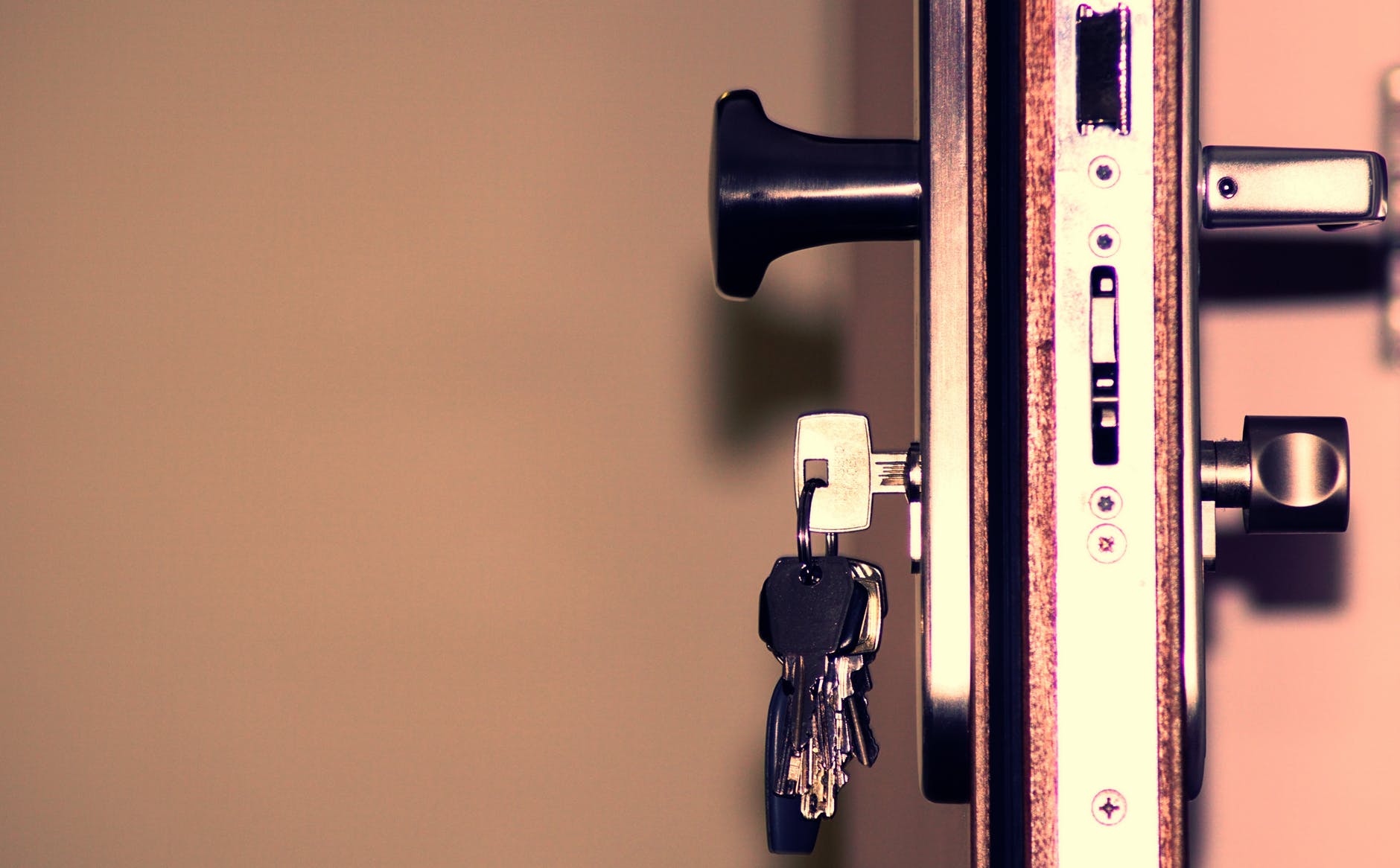Housing as an Investment? Yes, That Idea Is Back
By Roben Farzad
Should you look at housing as a (good) investment?
For the love of five years of foreclosures, bank failures, and congressional testimonies, have we learned nothing? Bobcats and coyotes, after all, were taking over condemned houses with antifreeze-green pools. That’s pretty Mad Max where I come from.
Don’t look now, but with the sector resurgent—prices for single-family homes climbed in 88 percent of U.S. cities in the fourth quarter—the idea of “house as nest egg†is making a comeback. The most recent national median price for an existing single-family home is about $179,000, a 10 percent rise from a year earlier, which was the biggest gain since 2005, according to the National Association of Realtors.
Still, Yale professor and home-price tracker Robert Shiller says housing remains a pretty crummy investment over the long run. He calculated (PDF) that real (after-inflation) home-price appreciation from 1890 to 1990 was approximately zero percent. “Housing,†he told Bloomberg TV, “takes maintenance, it depreciates, it goes out of style. All of those are problems. And there’s technical progress in housing. So new ones are better.â€
He continued: “So why was it considered an investment? That was a fad. That was an idea that took hold in the early 2000s. And I don’t expect it to come back. Not with the same force.†The professor then compared the idea of investing in housing to investing in cars: “Buy a car, mothball it, and sell it in 20 years. Obviously not a good idea because people won’t want our cars. It’s the same with our houses. So they’re not really an investment vehicle.â€
Those in the industry don’t buy that analysis. “The key to evaluating housing from an investment standpoint is to understand what gives real estate its value,†saysAndrew Jeffery, a director of acquisitions for Cirios, a San Francisco residential property investment shop. “Shiller misses the point by comparing investing in houses to investing in cars. Houses, and all real estate, have the potential to generate cash flow. Cars do not. The value of a property is derived from what multiple the market assigns this cash flow, which is based on a variety of factors, from location to property type and tenant profile.â€
He says many homeowners—present and prospective—simply view homes as assets whose price appreciates and depreciates with market conditions, ignoring their key potential to throw off cash. Also, Jeffery says it’s critical for investors to grasp how leverage works in housing. Think about it: You put down $110,000 on a $540,000 house. If the value jumps to $650,000 when you’re ready to sell, you’ve effectively used debt to double your initial investment. Of course, interest payments and upkeep eat into that profit, and too many people know the pain of owing more on their mortgages than their homes are worth. But the tax deductibility of mortgages mitigates the risks.
Jeffery says that thanks to leverage, a person who buys a house and rents it out will come out ahead of someone who invests the same amount of money in the stock market—especially at the point when the incoming rent covers maintenance outlays and helps pay off the mortgage. Going by historical data, by the time the owner retires, the house should be worth more than what equities would have returned. Plus, he says, “You’d already own your cash-flowing fixed income assets to retire on.â€
There is, of course, that holistic way of looking at housing: as an investment that at least holds its value as inflation rises, and whose dividends—a home office, kids playing in the backyard, school bus around the corner—pay out big, however nonfinancially.
Farzad is a Bloomberg Businessweek contributor. Follow him on Twitter @robenfarzad
15-12














2013
929 views
views
0
comments